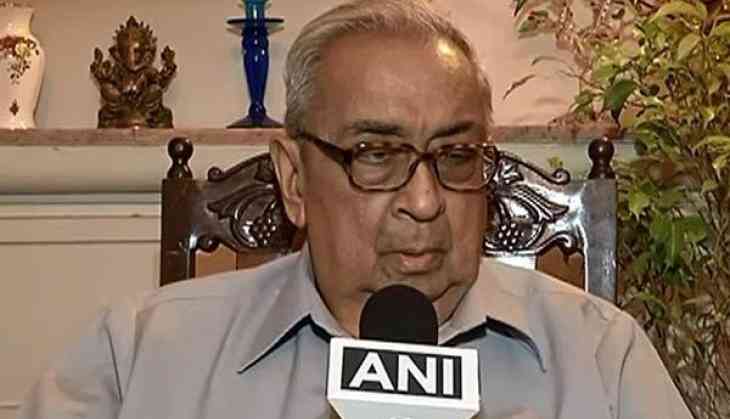
In the wake of the recent comments which surfaced on Chinese media platforms accusing India of playing the 'Dalai Lama card', former diplomat N.N. Jha on 22 April stressed on the need for India to be prepared against 'any attacks' by China.
Speaking to ANI here, Jha asserted that India must stay firm on its stance regarding the proposal to change the names of some areas in Arunachal Pradesh, which China claims, falls under disputed territory.
"India must remain firm. The Ministry of External Affairs spokesperson clearly stated that changing names does not change the underlying facts; China's reaction being a result of the same. We must be completely prepared to face anything," he said.
Commenting on allegations of using the 'Dalai Lama card', framed by the Chinese Media, Jha asserted that the Dalai Lama is a spiritual figure 'recognised everywhere but in China'.
The recent tensions amid India and China intensified as Beijing announced its decision to rename six places in the Indian state of Arunachal Pradesh, which China considers to be a disputed territory. New Delhi protested this 'illegal' move.
It has been speculated that China's decision was triggered over its fury over India allowing the 14th Dalai Lama in the border region earlier this month.
The Global Times in an article on Friday said, "Putting the Dalai Lama into its toolbox against China is another trick played by New Delhi lately. New Delhi would be too ingenuous to believe that the region belongs to India simply because the Dalai Lama says so. India seems to have become trapped in its stubbornness to measure its strength with China."
The article said that territorial disputes cannot be settled by comparing which side is stronger or which country has more leverage, adding it is time for India to do some serious thinking over why China announced the standardised names in South Tibet at this time.
"Playing the Dalai Lama card is never a wise choice for New Delhi. If India wants to continue this petty game, it will only end up in paying dearly for it," it added.
The article also claimed that South Tibet is historically part of China and the name of the places there is part of the local ethnic culture, adding it is legitimate for the Chinese Government to standardise the names of the places.
-ANI


